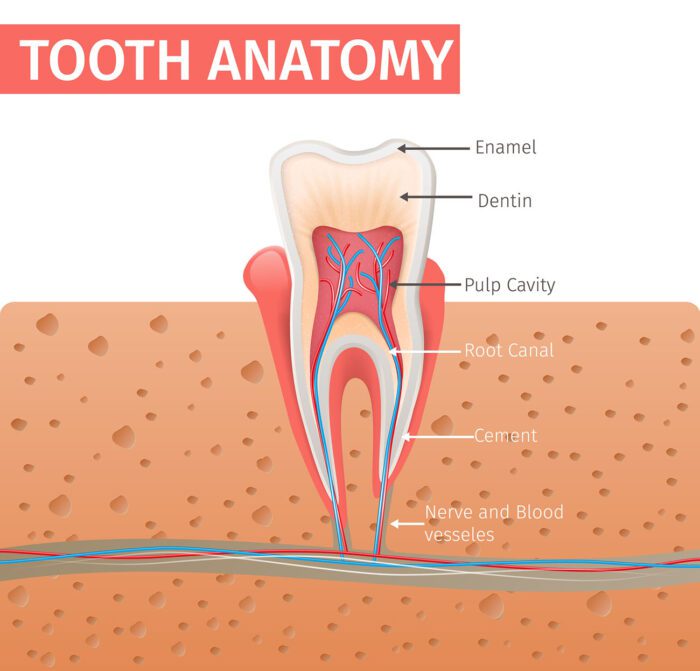There are many dental appointments that naturally bring apprehension or fear to patients. But none seems to be more common in producing anxiety than a root canal procedure. When you have a deep infection in your tooth, a root canal in Fallston, MD, could be the best option to preserve your tooth and avoid extraction. But if you suffer from dental anxiety, it can be difficult to seek the treatment you need. The more you understand about how a root canal works, the more comfortable you could feel when facing your next appointment.


The Benefits of a Root Canal in Fallston, MD
Root canal appointments are often your best choice for tooth preservation when it comes to infection. If you catch disease and decay early on, you can often get it treated with less invasive procedures. And if you let it continue to infect your tooth, you may need an extraction. Root canals can help remove the infection from the inner layer of your tooth and provide immediate relief from pain and discomfort. While they can seem scary at first, they’re actually a fairly routine procedure with minimal risks.
How a Root Canal Works
For most patients, the initial root canal procedure can be completed in one appointment. To start, your dentist will examine the affected tooth and take X-Rays, if needed. Next, they’ll apply a local anesthetic to numb the area. You can expect to feel pressure and other sensations during the procedure, but you shouldn’t feel pain. After the area is numb, your dentist will drill a small hole in your tooth. They’ll use this hole to extract the infected pulp from your tooth. For most patients, there is an immediate relief of pain and discomfort once the pulp has been removed.
Protecting the Tooth
Once the infection is removed, your tooth is likely going to be healthier and stronger. However, if you leave the tooth as-is, there’s an increased risk of developing further damage. While the hole drilled into your tooth is relatively small, it can still open you up for more decay and disease. Because of this, your dentist will likely recommend getting a dental crown or filling after a root canal.
In some cases, your dentist may be able to take impressions for a dental crown right away. But even if they don’t, they will often use a biocompatible rubber compound to help seal the hole until you can get further restorative treatment. After your root canal, it’s more important than ever to keep your teeth clean and healthy. Brushing and flossing at least twice a day and maintaining regular hygiene appointments can help prevent the return of infection.
If you suffer from severe tooth pain and sensitivity, it could be caused by an infected pulp. At Harford County Dentistry, we offer root canal procedures right from the comfort of our offices. Call us today at (410) 994-2627 to schedule a consultation and see if a root canal may be right for you.
